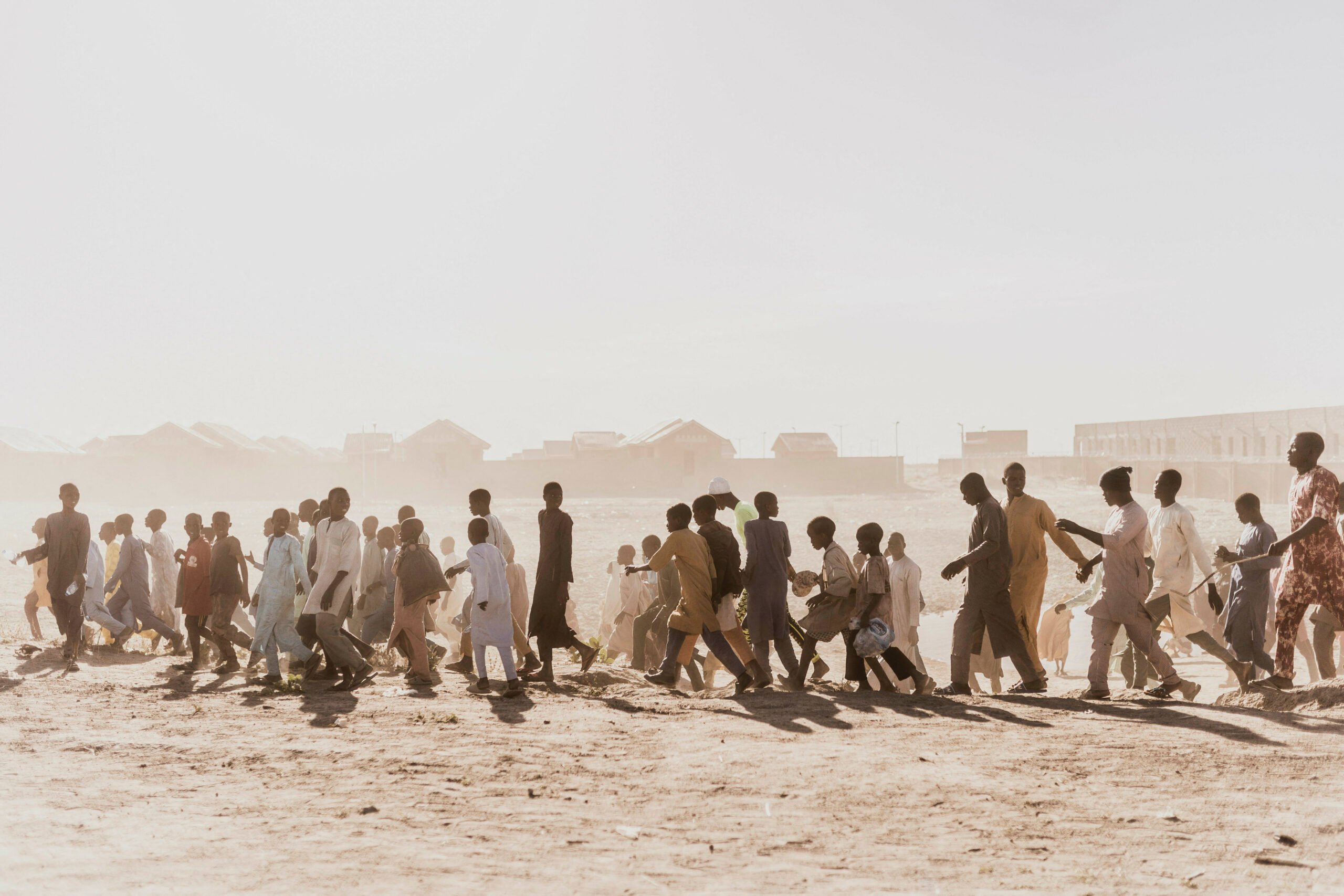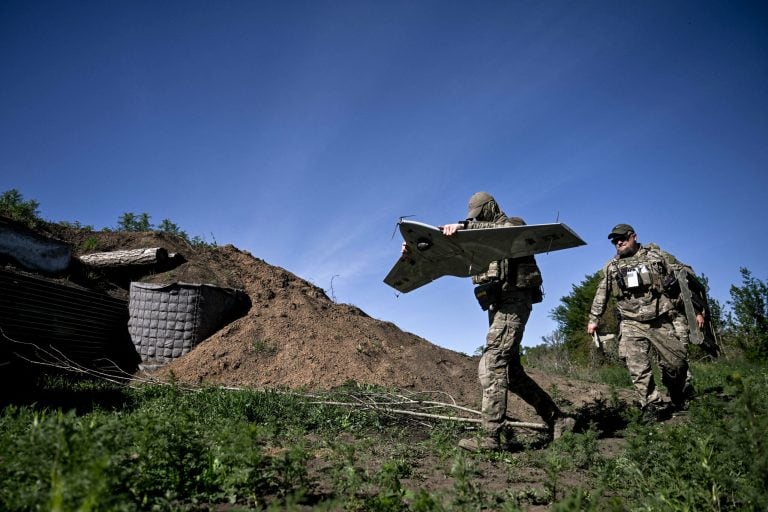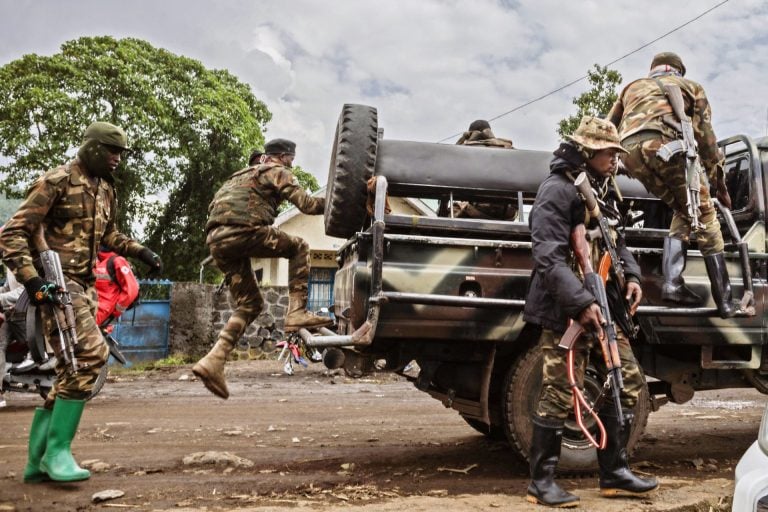In a harrowing incident in northeastern Nigeria, jihadists claimed the lives of at least 63 individuals in the town of Darul Jamal, which recently received returning residents from a nearby displacement camp. This assault occurred late Friday night and is viewed as a significant setback in the region’s ongoing attempts to stabilize and resettle communities affected by long-standing violence.
Babagana Zulum, the governor of Borno state—an area that has been a focal point of jihadist activity—reported that among the deceased were five soldiers, a figure corroborated by security sources. This attack raises serious concerns regarding Nigeria’s recent policy aimed at closing down camps for internally displaced persons and facilitating their return to rural areas, which have been devastated by insurgent activities.
“This community was resettled only a few months ago, and they were just trying to resume their normal lives,” Zulum lamented in an address to the media at the attack site. “As of now, we confirm that 63 have lost their lives—both civilians and military personnel.”
Despite a notable decrease in the intensity of jihadist violence since the peak of Boko Haram’s insurgency between 2013 and 2015, the region remains vulnerable, with groups like the Islamic State West African Province (ISWAP) continuously launching attacks. Zulum expressed concerns over the Nigerian army’s capability to manage the ongoing threats, emphasizing that a newly established unit, known as the Forest Guards, would soon join security efforts in the area to consolidate military presence.
Witness accounts indicate that the attack commenced around 8:30 PM, when a contingent of fighters arrived on motorbikes, armed with assault rifles, and began firing indiscriminately while setting homes ablaze. One resident, Malam Bukar, described the chaos: “They came shouting, shooting everyone in sight. When we returned at dawn, bodies were everywhere.”
Preliminary reports had pointed to a lower death toll, with civilian militia commander Babagana Ibrahim stating at least 55 individuals had perished. An NGO worker, who chose to remain unnamed, estimated the toll at 64. The Nigerian military has not yet provided official commentary on the incident, although the air force released a statement indicating that they had killed 30 “terrorists” during an engagement with armed groups in the region.
Among the victims are families who had recently been relocated from the Government Secondary School displacement camp in Bama, which was closed earlier this year. One woman, Hajja Fati, expressed her disillusionment, having lost her brother in the attack: “The government told us we would be safe here. Now we are burying our people again.”
The attack has been attributed to a commander affiliated with Boko Haram, Ali Ngulde, who is believed to have orchestrated the assault. Boko Haram launched its insurgency in 2009, aiming to establish an Islamic caliphate and leading to an estimated 40,000 deaths and the displacement of over two million individuals.
A resurgence in jihadist activities has been noted, particularly by ISWAP, which has gained traction in recent years. Reports indicated that in the first half of 2025 alone, there were approximately 300 jihadist assaults resulting in about 500 civilian deaths, highlighting a worrying trend exacerbated by military overreach in the face of separate banditry crises in other regions.
The escalation of violence comes amid a strained military backdrop exacerbated by Nigeria’s economic challenges under President Bola Tinubu. Analysts suggest that a biting economic situation is fueling grievances in rural communities, which militant groups are using to further their own agendas. The combination of these factors calls for urgent and effective responses to restore security and stability in the region.







